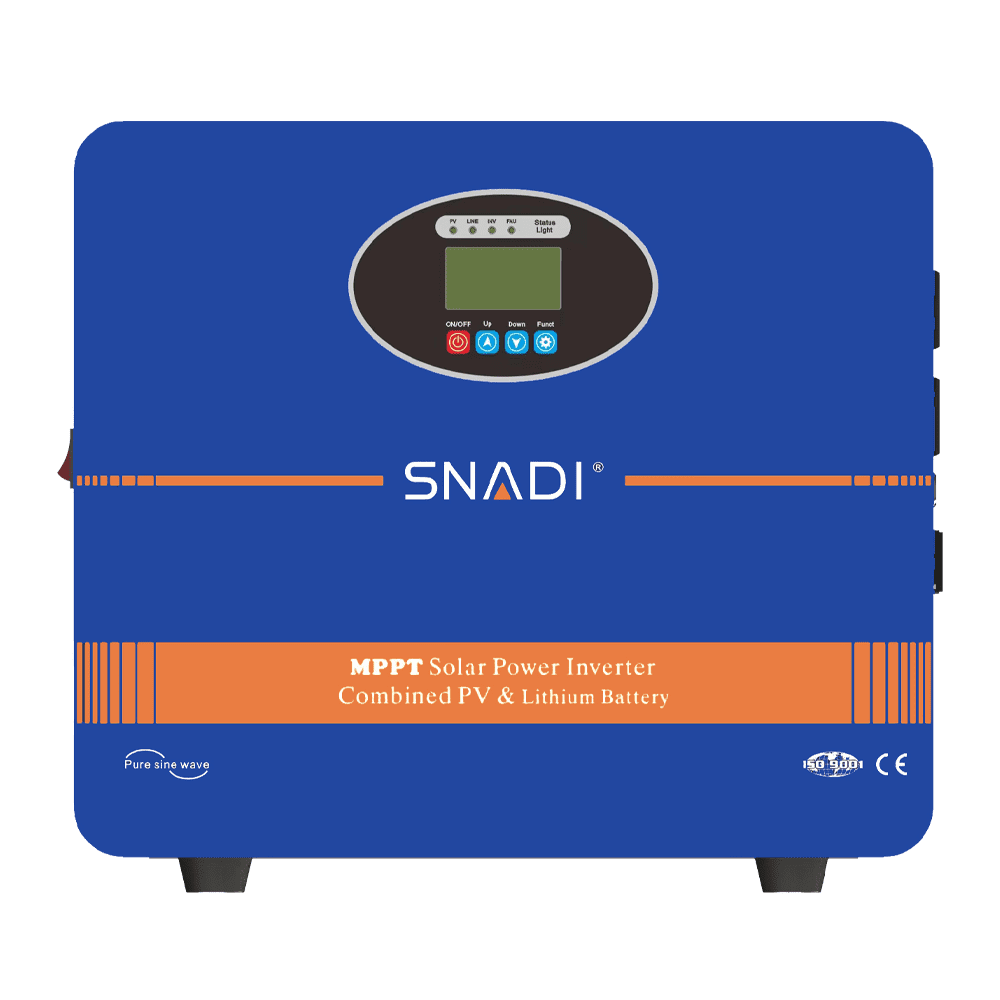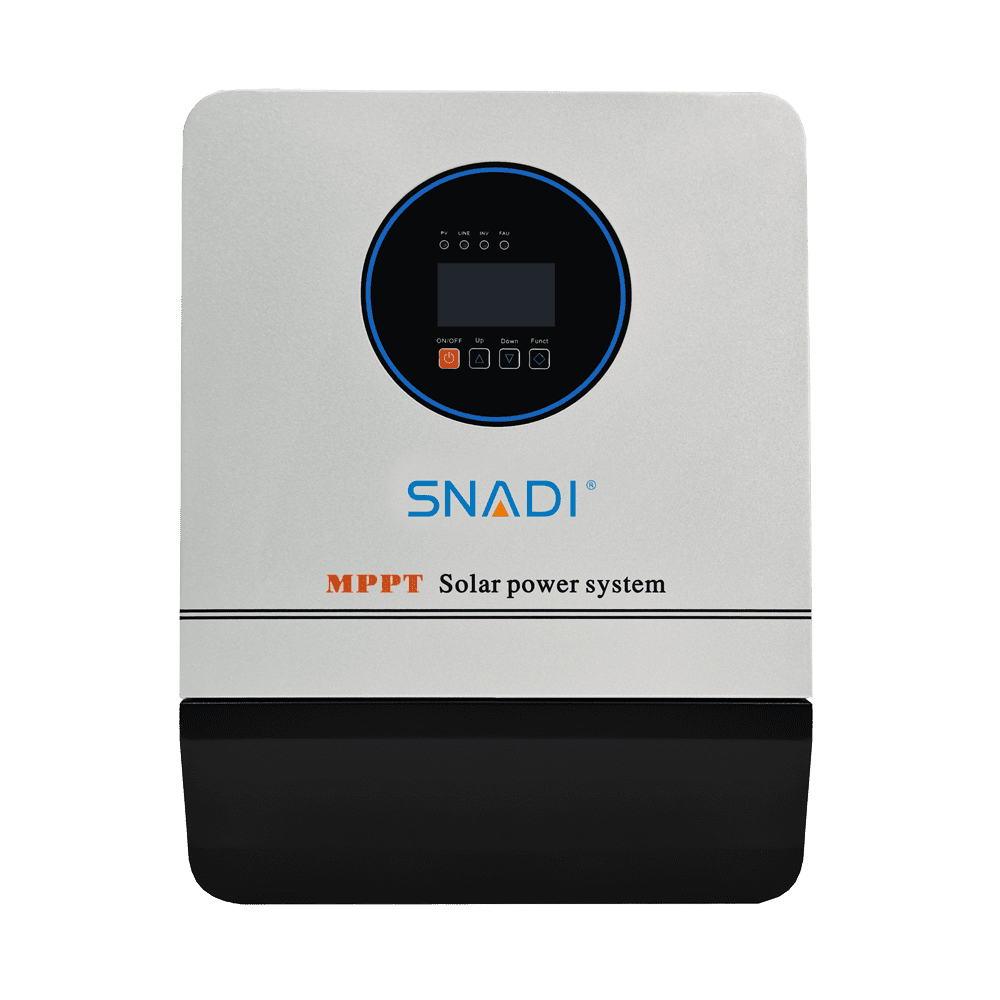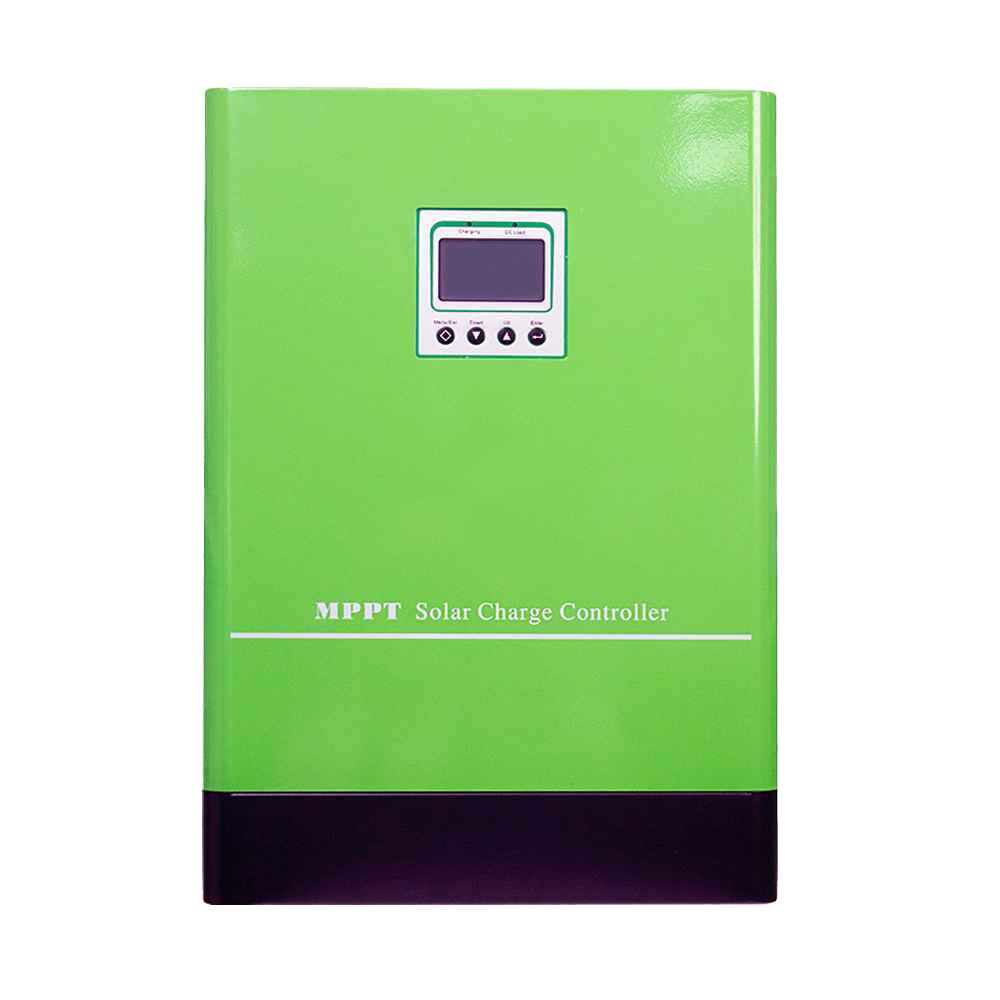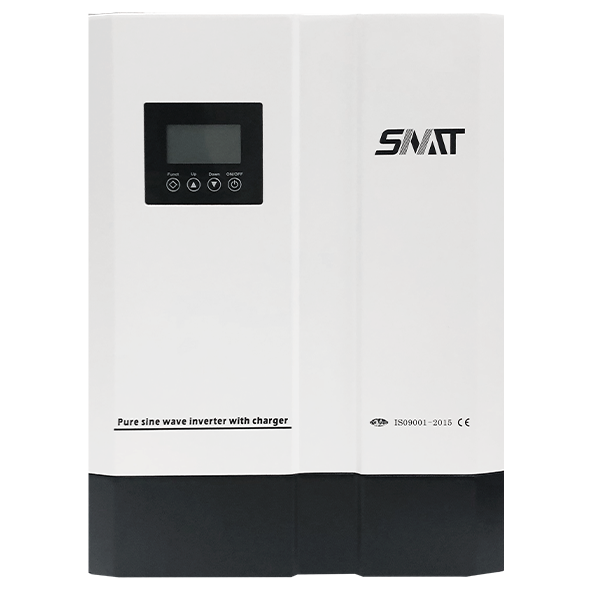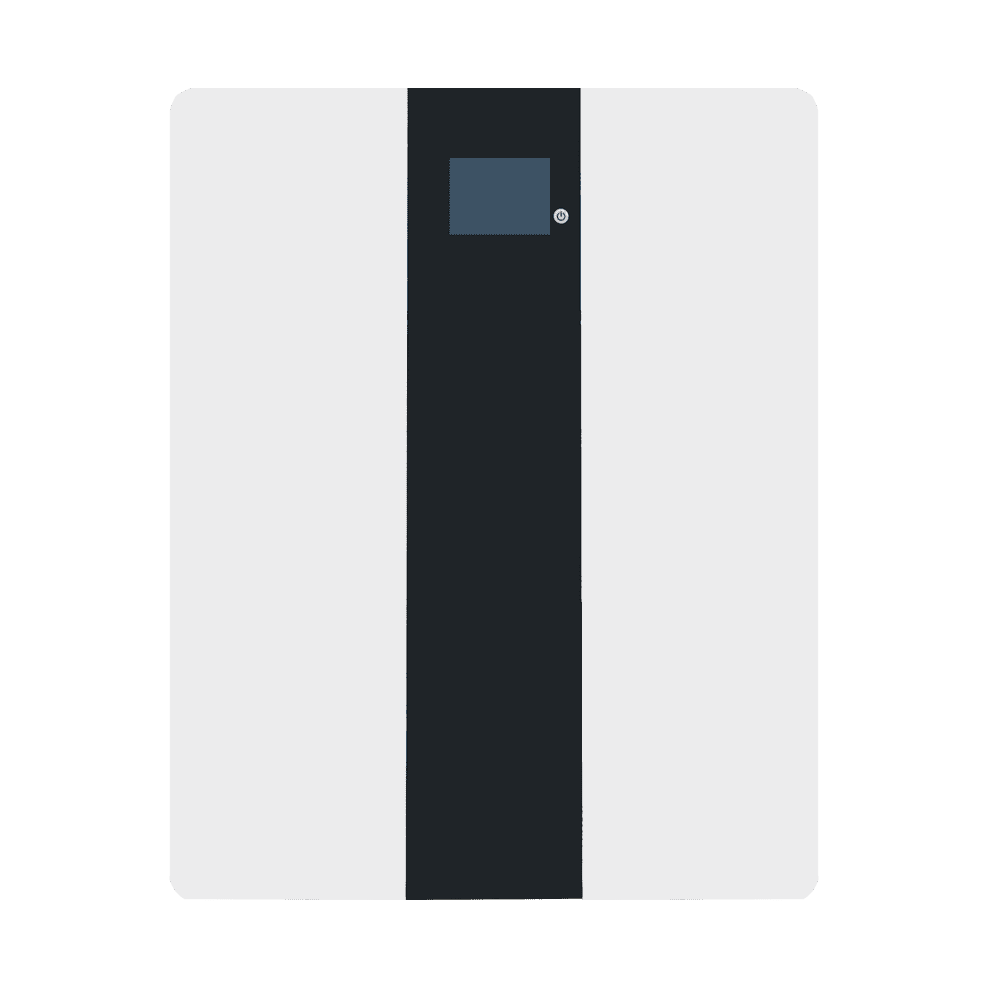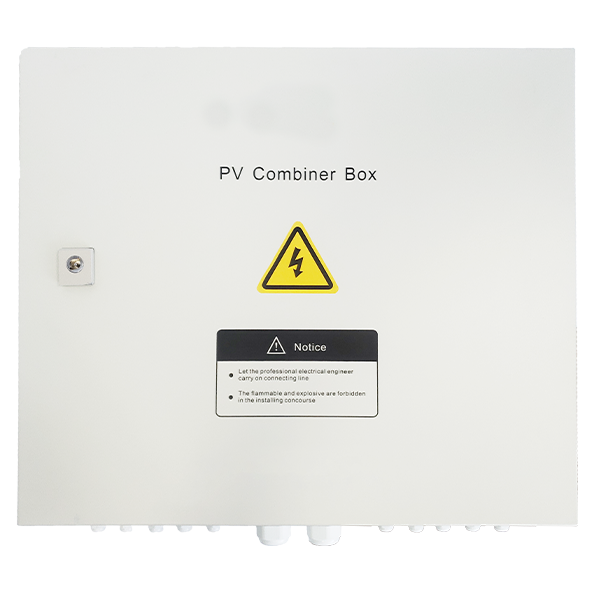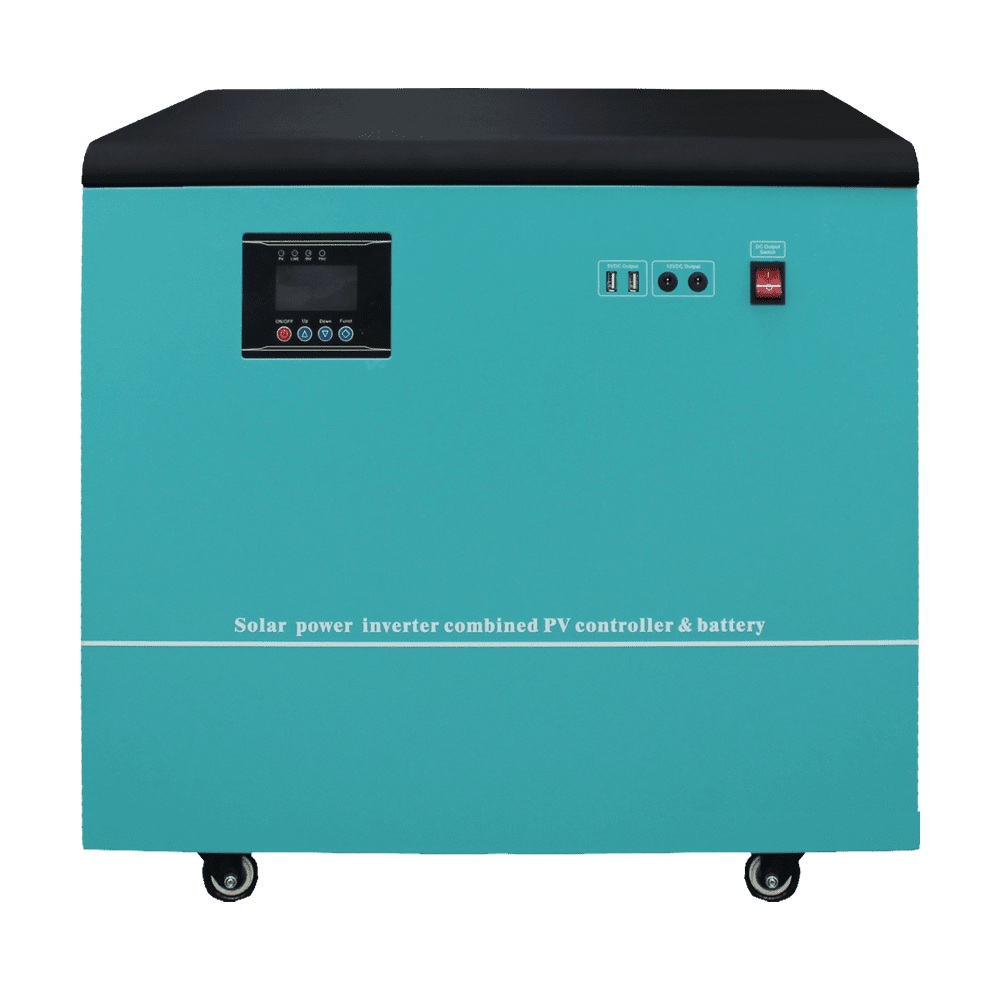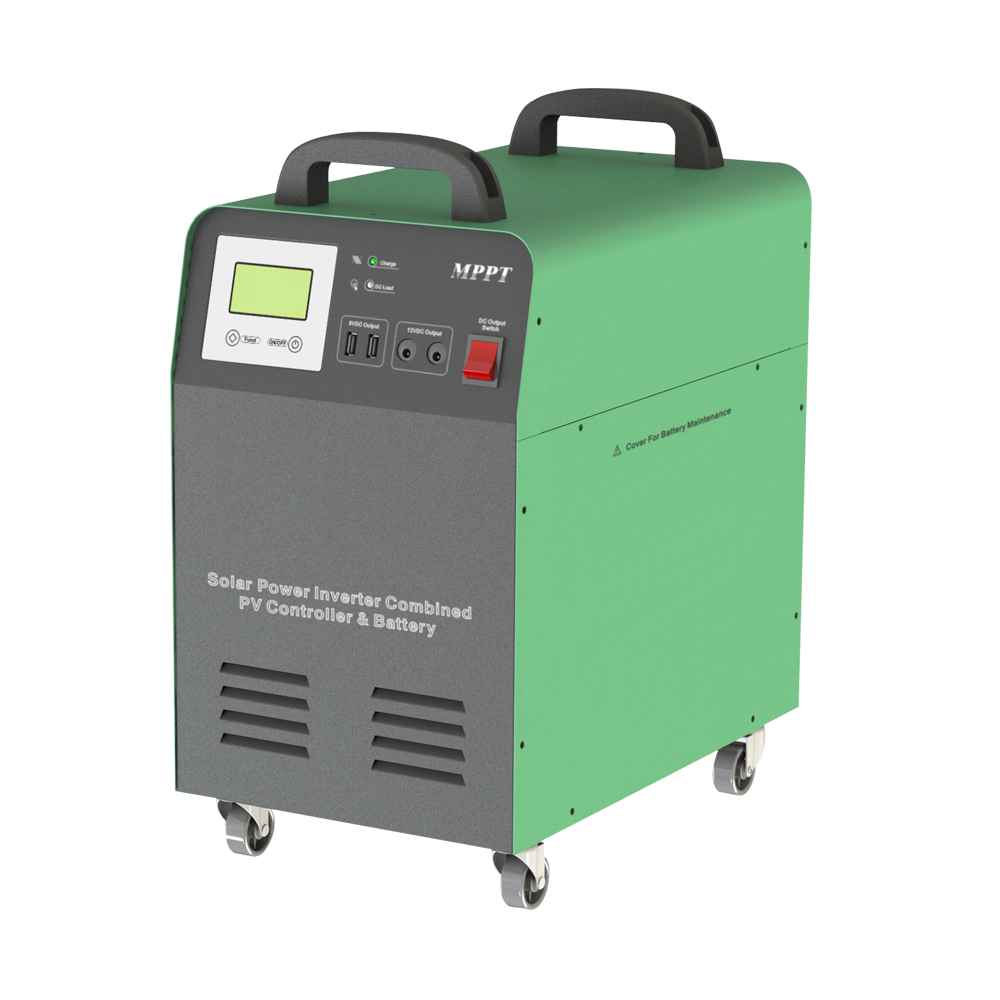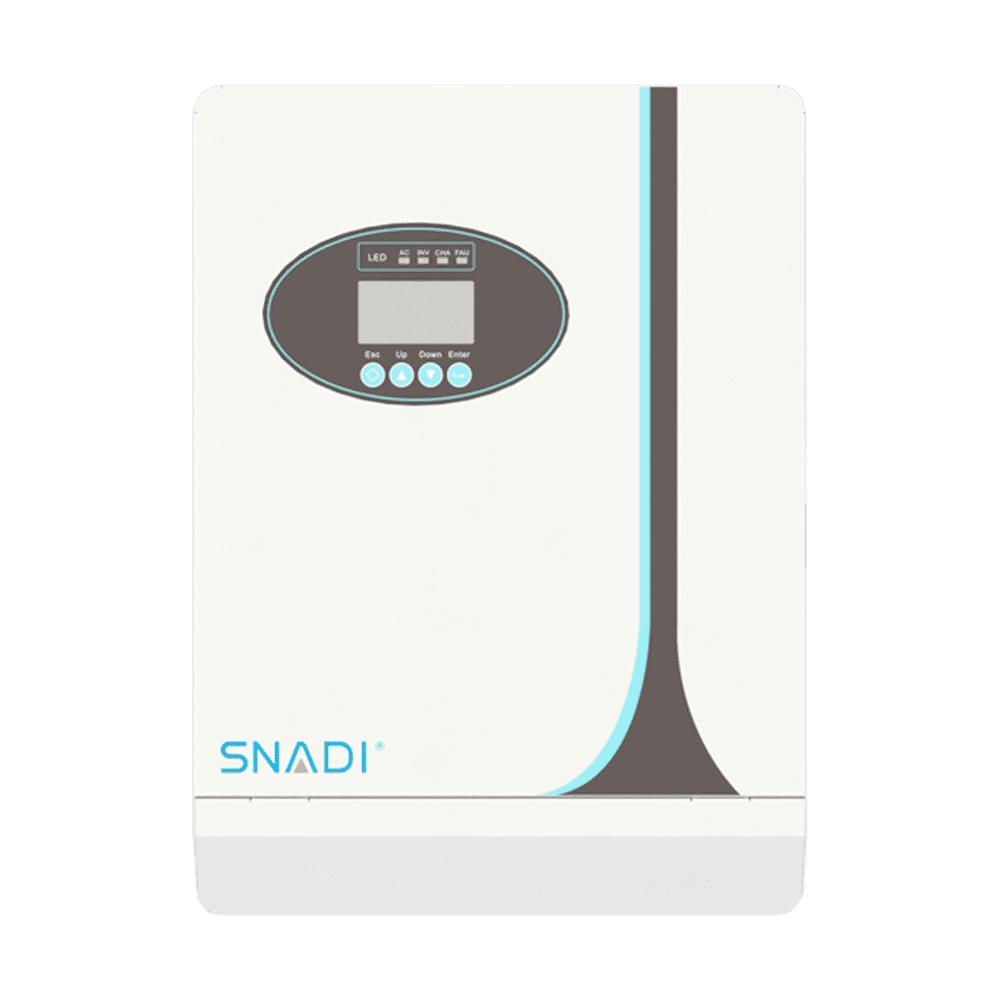With the growing popularity of solar energy systems, one of the key decisions for consumers and businesses alike is choosing between single-phase and three-phase solar inverters. These inverters transform the DC electricity supplied by solar panels into AC electricity that may be used in homes, workplaces, and factories. However, understanding the differences between single-phase and three-phase inverters is essential for making an informed decision. So, let's delve into the comparison to determine which option is better suited for your specific needs.
What Is The Single-Phase Solar Inverter?
Single-phase solar inverters are designed to handle electricity output from a single phase power source. They are most typically utilized in residential situations where the electrical grid is single-phase. Here are some key characteristics and considerations associated with single-phase inverters:
Suitability for Residential Applications: Single-phase inverters are ideal for residential installations, especially in houses with standard electricity usage patterns. They are compact, lightweight, and cost-effective, making them an attractive choice for homeowners interested in reducing their energy bills and environmental footprint.
Limited Power Output: Single-phase inverters are adequate for the majority of household setups, however their power output may be limited. This can be a consideration for larger homes or properties with higher electricity demands, where multiple inverters may be required to meet the energy needs effectively.
Voltage Fluctuations: Single-phase inverters may experience voltage swings, particularly in places with unstable grid conditions or significant levels of electrical interference. This can impact the performance and efficiency of the solar energy system, potentially leading to issues such as reduced energy production or equipment damage.
Grid Connection: Single-phase inverters are designed to work seamlessly with single-phase electrical grids. However, in areas where three-phase power distribution is common, additional equipment or changes may be required to ensure compatibility, adding complexity and cost to the installation process.
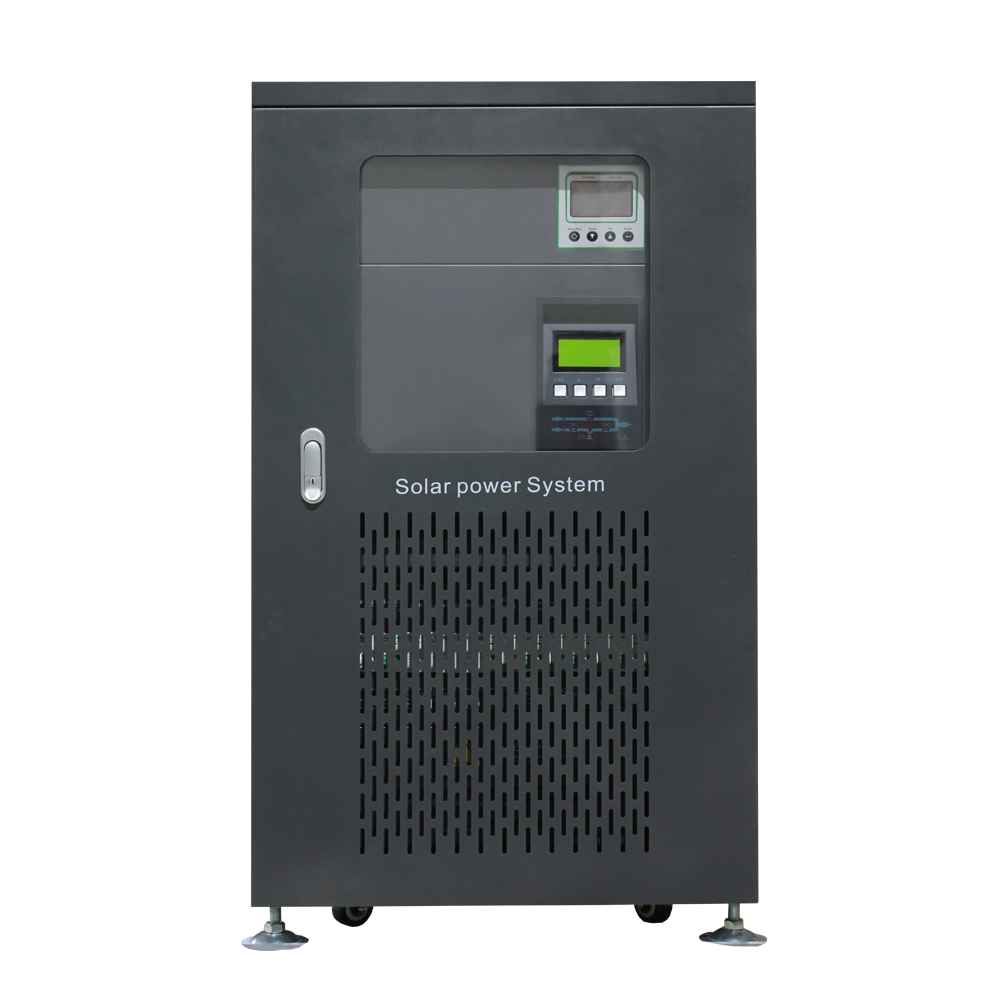
What Is The Three-Phase Solar Inverter?
Three-phase solar inverters are capable of handling electricity output from three-phase power sources. They are widely employed in commercial and industrial situations where great power output and dependability are required. Here are some key characteristics and considerations associated with three-phase inverters:
Higher Power Output: Three-phase inverters come in a variety of power levels, making them ideal for large-scale installations with substantial energy requirements. They provide greater flexibility in system design and configuration, allowing for optimal performance and efficiency in commercial buildings, industrial facilities, and utility-scale solar farms.
Stability and Reliability: Three-phase inverters are more stable and reliable than their single-phase counterparts. By distributing power across three phases, they can better manage electrical loads and mitigate the impact of voltage fluctuations, ensuring consistent operation and performance even in challenging grid conditions.
Balanced Power Distribution: One of the key advantages of three-phase inverters is their ability to provide balanced power distribution across all three phases. This reduces the likelihood of voltage imbalance and phase difficulties, resulting in smoother operation and higher overall system efficiency.
Compatibility with Three-Phase Grids: Unlike single-phase inverters, which may require additional equipment or modifications to work with three-phase grids, three-phase inverters are inherently compatible with such systems. This simplifies the installation procedure and lowers the total cost and complexity of deploying solar energy systems in commercial and industrial applications.
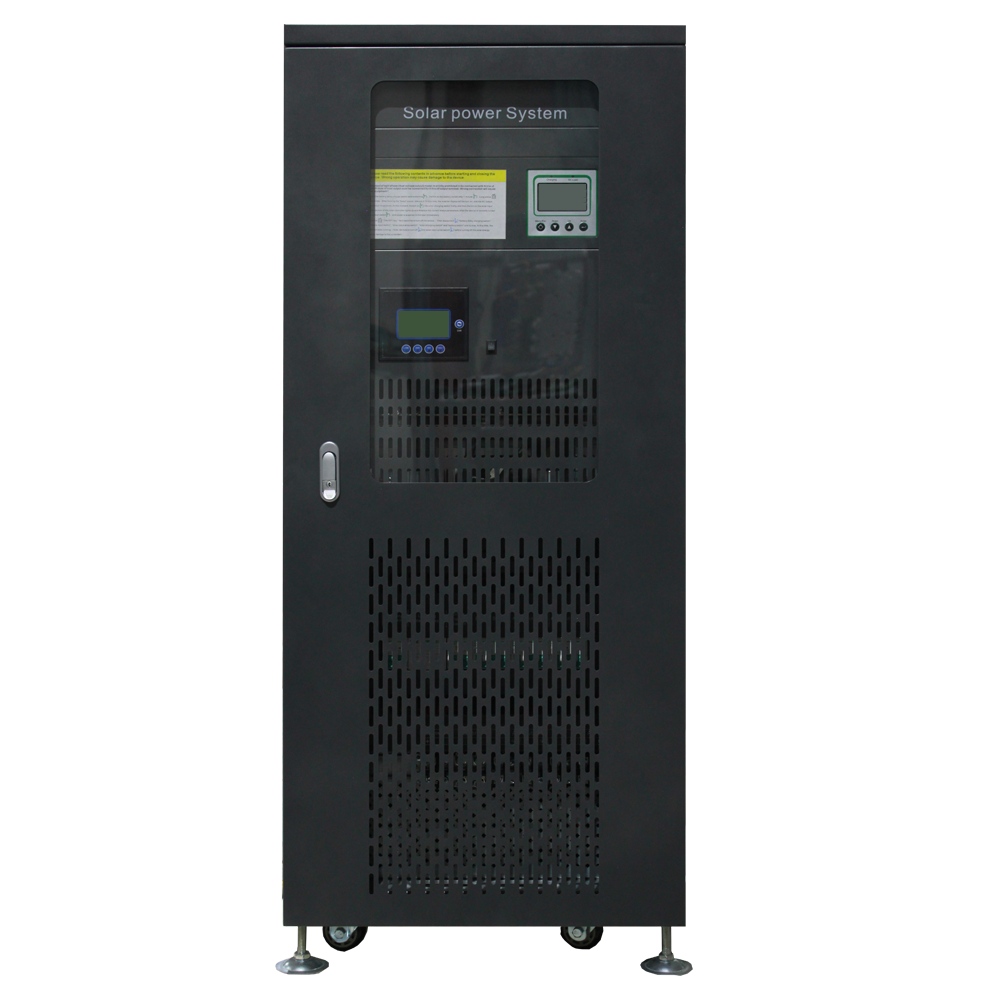
Conclusion
Choosing between single-phase and three-phase solar inverters depends on various factors such as the size of the installation, electrical load requirements, grid conditions, and budget constraints. Whether you are looking for a single-phase solar inverter or a three-phase solar inverter, look no further than SNADI! We are a professional solar power system equipment supplier, offering a wide range of solar power equipment including solar inverters. Please feel free to visit our site for what we offer.

